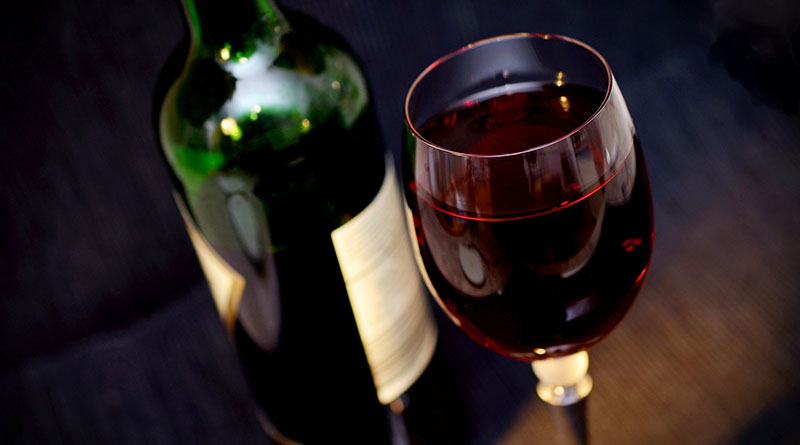Taxpayers’ Alliance Backs Tax Cuts For Wine Producers In English Wines Week

English Wines Week is an opportunity to celebrate local vineyards, suppliers and bottlers across the nation. But with English sparkling wines subject to 30% higher tax than still wines, The TaxPayers’ Alliance (TPA) has added its voice of support to the industry that’s on the receiving end of an unfair tax system that is crippling the sector.
With sparkling comprising 70% of all English and Welsh wines, the UK duty on sparkling wine disproportionally disadvantages homegrown wine, making it the most highly taxed product per unit. Removing the sparkling supertax could help boost the UK economy at a time when producers, suppliers and consumers nationwide are building back from the pandemic.
John O’Connell of TaxPayers’ Alliance comments: “Hospitality and leisure have been battered by the pandemic and English Wine Week is a perfect time to remind politicians that these industries need a helping hand, not least by simplifying the system to prevent punishing higher rates slapped on products like sparkling wine.
“What’s more, TPA research shows that if the temporary VAT reduction to 5 per cent was extended beyond September to April 2023, it could save the UK hospitality sector and consumers £15.7 billion. That’s why the government should keep the tax cut in place, and include alcoholic drinks within its scope, to give British businesses and drinkers a break.”
Wine Drinkers UK, which is also backing the TPA’s call for a VAT extension, is leading the campaign to make the UK duties system fairer. It represents wine lovers, makers and sellers across England and Wales, including Sussex-based sparkling wine producer, Rathfinny Estate, which is a major employer in the area.
Mark Driver, co-owner of Rathfinny Estate, says: “It’s astonishing that we pay 30% higher excise duty on sparkling wine. Scrapping this sparkling surcharge would not only give UK producers like us a much-needed boost but it would also directly benefit wine drinkers who enjoy a glass of home-grown fizz.
“I would love sparkling wine to receive more support from the UK Government so that we can compete effectively with our European counterparts, some of whom benefit from zero-duty rate on their sparkling wines.”
